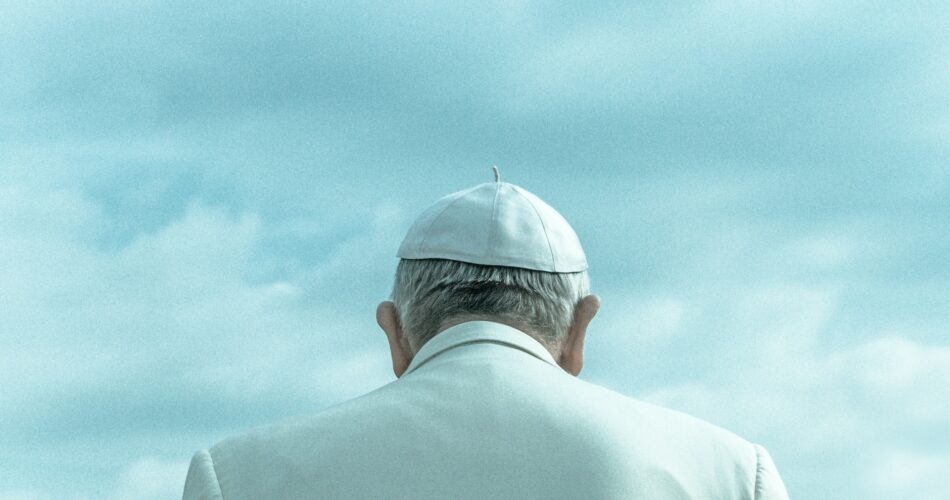He made sure to clarify his previous statements.
Reportedly, Pope Francis confirmed to his biographer that he had revoked U.S. Cardinal Raymond L. Burke’s privileges, including his salary and Vatican residence. However, he strongly denied making the allegation that he considered the conservative Cardinal as his “enemy.”
According to Austen Ivereigh, the pope disclosed during their meeting on Nov. 27 that the decision to revoke Burke’s privileges was due to Burke using them against the Church. Ivereigh mentioned that while this decision wasn’t meant for public disclosure, it had been leaked earlier that day.
Claims emerged from sources at the meeting suggesting that during a Nov. 20 gathering of Vatican office heads, Francis referred to Cardinal Burke as his “enemy” while discussing the revocation of privileges. However, Ivereigh dismissed this as “pure fiction,” emphasizing that the pope would never engage in personal vendettas.
Burke, known for his repeated requests for doctrinal clarifications, acknowledged the situation but maintained his intent to remain in Rome even if evicted from his Vatican residence. His public criticisms have resulted in demotions during Francis’ papacy, including removal from significant positions within the Vatican hierarchy.
The dispute between Burke and Francis seemed to extend to views on COVID-19 vaccinations, with Francis indirectly referencing Burke as a vaccine “negationist” among Cardinals in 2021.
This event followed Francis’s removal of Joseph E. Strickland from his position as bishop of Tyler, Texas. Strickland, another critic of Francis, received support from Monsignor Charles Pope, who condemned the actions against Burke as “petty.” Pope expressed concerns about the Pope’s leadership style, believing the next conclave would prioritize a healing and unifying figure over the current divisive leadership.
